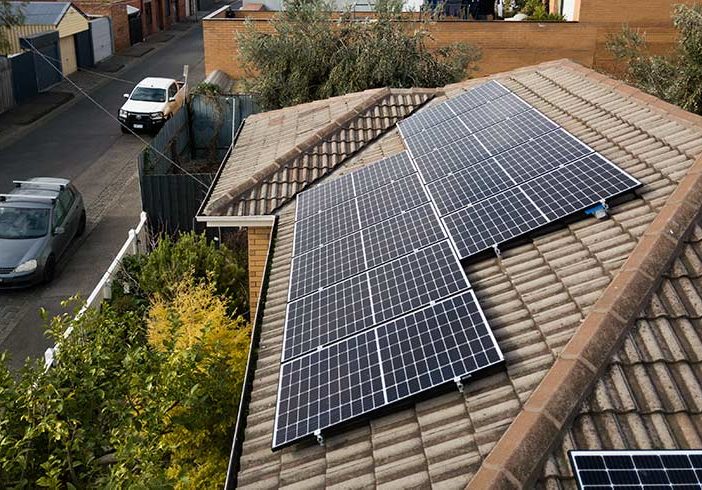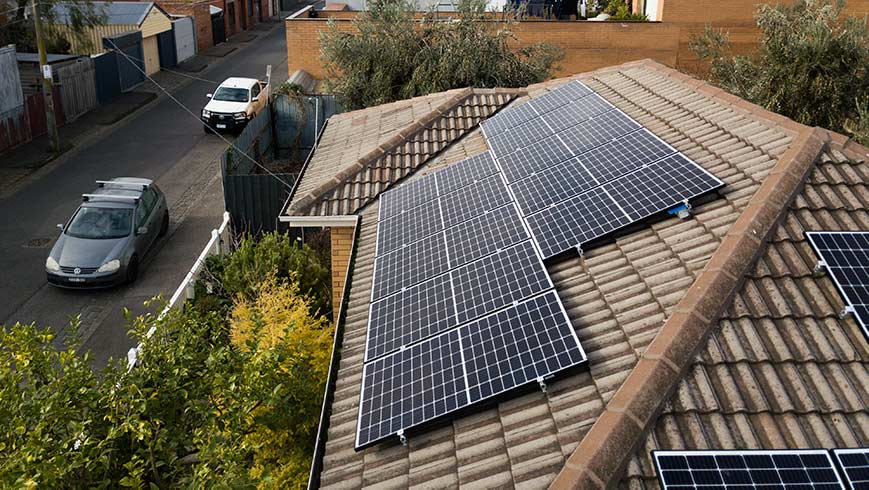
South Korean solar panel giant Hanwha Q Cells will begin offering an extended product warranty of up to 25 years on the panels it offers the Australian market, following advances to the solar panel manufacturing process that it says allows for robust, longer lasting panels.
The 25-year warranty will be available on two Hanwha Q Cells panels, the Q.Peak DUO-G5+ and the Q.Peak DUO-G6+, which are expected to be made available to the Australian market before the end of the year.
“Q CELLS is proud to be the first major manufacturer to be offering 25-year product warranties on its premium products from Korea,” Q-Cell’s Myungsin Shim said.
“Previously, extended warranties of this kind were only offered by a small group of lesser-produced, high-cost solar module manufacturers.”
“With Q CELLS amongst the world’s largest producers of solar modules, we are able to provide more Australians high-quality, high-power, extended-warranty solar modules at a more accessible price.”
Q Cells has its origins in Europe, established in 1999 as one of the first commercial solar panel manufacturers in Germany, and had an early reputation for high-quality, high-performance solar modules.
The company was acquired by South Korea based Hanwha Group in 2012, following a period of tough operating conditions for the company.
The company has grown to one of the world’s largest solar panel manufacturers, regularly ranking within the top-10 solar panel manufacturers and is one of the largest based outside China.
The company recently unveiled a new manufacturing facility in the US state of Georgia, one of the largest outside of Asia, with a total capacity to produce up to 1.6GW of solar modules each year.
As reported by RenewEconomy in March, the company had also launched legal proceedings in Australian courts, alleging intellectual property right infringements by two of its major rivals.
The proceedings were brought against manufacturers REC Solar, Jinko solar and Longi Green Energy, with Q Cells alleging the companies had used a ‘passivation’ technique, that boosted solar module efficiencies, that was patented by Hanwha Q-Cells and used without permission.
The cases are still currently before the courts, with cross-claims being lodged by REC Solar, Jinko and Longi.
Intellectual property has been a big business for solar manufactures, who operate in a highly competitive environment and where competitive advantage in cost, reliability and efficiency can be the key whether a company is successful or ends in failure.
Many solar panel manufacturers have been able to pass on the benefits of improved manufacturing processes to customers through increases in performance and the operational life of systems.
Earlier in the year, UNSW professor Martin Green launched a new product range on behalf of Sunport Power which were backed by a 30-year performance guarantee.


